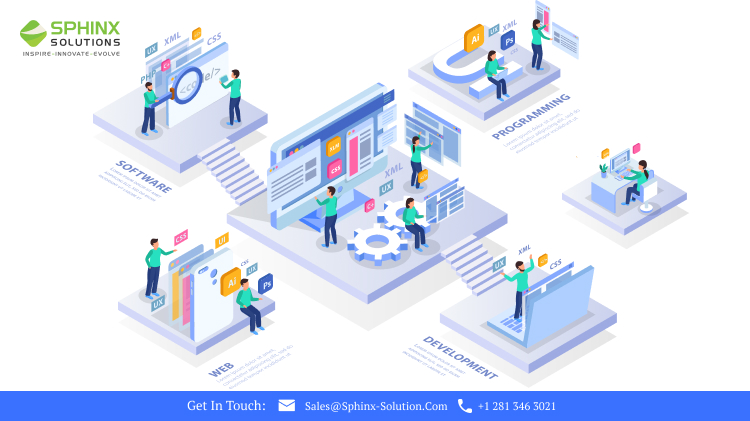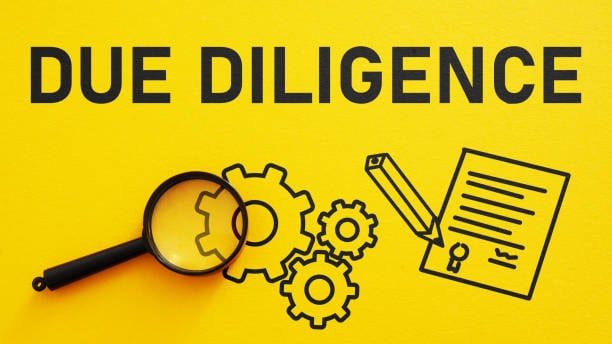
Intelligent Automation Vs Robotic Process Automation: Key Comparisons
Nowadays, every business irrespective of all sizes is constantly looking for a way to streamline all their processes & boost operational efficiency. In today’s technological landscape, two popular technologies have gained massive attention that helps businesses automate complex tasks and streamline operations.
They are Robotic Process Automation (RPA) & Intelligent Automation (IA). While RPA & IA both are used interchangeably, they are different from each other in many ways. In this blog, we are going to discuss the differences between Robotic Process Automation & Intelligent Automation and shed light on their core features.
Robotic Process Automation:
Robotic Process Automation or RPA is a technology that helps modern businesses automate rule-based & repetitive tasks with the help of software bots. These bots are usually programmed to mimic human actions, interact with several applications, and perform different tasks like data entry, data extraction, form filling, simple decision-making, etc.
RPA bots technically operate on the software system’s surface layer, following predefined rules and working with user interfaces. This technology is the best for automating high-volume and structured tasks that mainly involve predictable actions and need less human intervention.
Intelligent Automation:
Intelligent Automation is a larger concept that encompasses Robotic Process Automation. IA combines automation with AI capabilities and it leverages the latest technologies such as natural language processing, machine learning, computer vision, and cognitive automation to significantly automate high-end tasks.
Unlike Robotic Process Automation, which is based on rule-based automation, Intelligent Automation can manage unstructured data and make intelligent decisions based on data analysis. It also extracts insights from huge amounts of data, recognizes images, interprets natural language & performs tasks that involve problem-solving & critical thinking.
RPA Vs IA: Key differences
- Task complexity: RPA technology is ideal for automating rule-based & repetitive tasks that follow a predefined workflow. On the other hand, IA is developed to manage complex tasks that involve data analysis, cognitive abilities & decision-making based on data analysis.
- Automation Capabilities: RPA automates tasks with the help of predefined rules & workflows. Whereas, IA utilizes automation with artificial intelligence, allowing it to make intelligent decisions, and learn from data.
- Data Processing: RPA primarily works with structured data & depends on predefined rules for data processing & extraction. Intelligent automation can manage unstructured data like images or texts, and utilize AI techniques for extracting insights.
- Cognitive Abilities: IA can possess cognitive abilities like image recognition, machine learning & natural language processing, enabling it to perform tasks that need understanding, and reasoning. RPA technology lacks advanced cognitive capabilities.
Which one do you choose?
The choice between RPA and Intelligent Automation depends on the core objectives and specific needs of your entire business process. Focus on the following factors when making your decision:
- Task complexity: If your business process involves rule-based & repetitive tasks with less decision-making, RPA can be the best option. However, if you need cognitive abilities, complex decision-making & data analysis, IA can be the better choice.
- Scalability: RPA technology is easy to implement & scale as it focuses on automating specific processes and tasks. IA, with its larger capabilities, requires proper planning and more resources for scalability & implementation.
- Long-term strategy: Consider the long-term automation strategy of your organization. Intelligent automation provides highly advanced and broader capabilities. Moreover, IA also helps by combining automation with AI. On the other hand, RPA can be ideal for immediate solutions to improve operational efficiency.
Final notes
RPA & Intelligent Automation both are distinct approaches that have their own strengths & usability for different business requirements. RPA technology helps in automating repetitive tasks & provides instant efficiency gains. Whereas IA uses a combination of AI and automation capabilities to manage highly complex tasks & make intelligent decisions.
Regardless of which one you choose, both RPA & IA have a great potential to enhance operational efficiency significantly.







